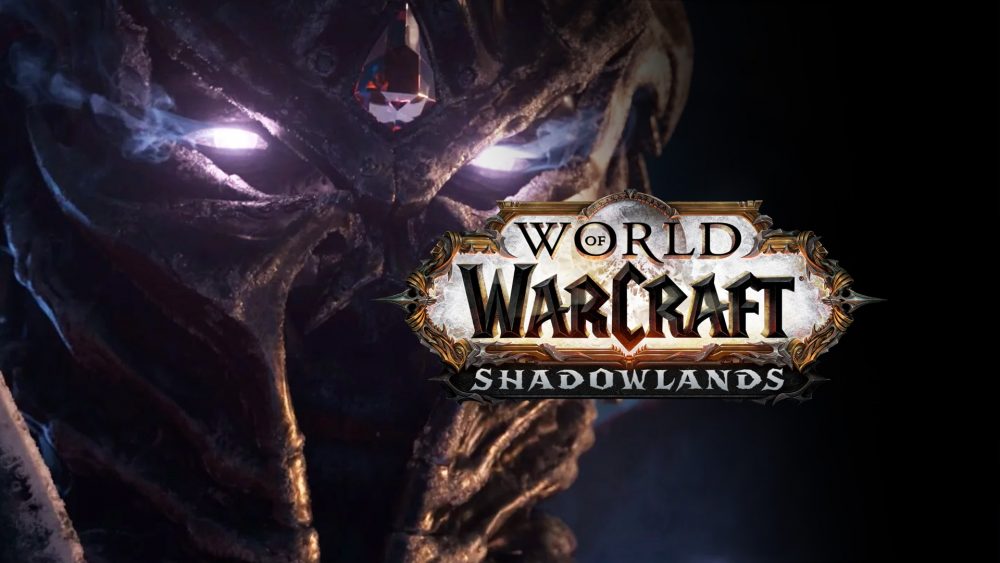Since the world went into lockdown in March and we became confined to our homes, many have been looking for a way to stay both entertained and connected to others, while also seeking distraction from the crisis unfolding outside our doors. Consequently, it’s little surprise that the popularity of gaming has skyrocketed. According to the NPD Group, there was a 35% increase in video game sales in March 2020 compared to March 2019, which has only increased further as lockdown measures have rolled on.
The impact on the gaming industry itself has been considerable. A number of trends have been accelerated, such as the commerciability of mobile and cloud-based games, the growth of monetisation avenues such as subscription and free-to-play models, and the interest in eSports (competitive video gaming). Sports Intel recently explained that the postponement of global sporting events has resulted in an increase in video game wagering, as many punters turned to eSports for the first time.
But gaming has also provided a wider positive impact on society during the pandemic. Here’s how.

Helping us maintain social connection
During the pandemic, the closure of pubs, restaurants and cinemas has limited leisure and socialising activities to what can be done at home or online. With people unable to physically see their family and friends, video games have provided a way of keeping in touch. Thanks to online services like Xbox Live, PlayStation Plus and Nintendo Switch Online, groups can reconnect in an instant, and as video game sales soar across the world, it’s telling that the top-sellers have been multiplayer games like Minecraft, Call of Duty and Animal Crossing.
Gaming has long been recognised by academics as an effective way of socialising. Research from mental health organisation Take This, in collaboration with Edge Hill University and the University of York, found that playing massively multiplayer online (MMO) games “correlated to a stronger sense of social identity, or how people self-identify based on their affiliation to groups.” This has been shown to lead to higher self-esteem, increased social competence and lower levels of loneliness. Considering the latter has been an unfortunate by-product of lockdown, video games can provide a fun solution.

Providing escapism
As we find ourselves stuck in the same place every day, reading troubling headline after troubling headline, it’s no wonder that people are looking for some form of escapism. Just as video games help to fulfil the human need to socialise, the ability to escape has long been one of the main motivations for gamers. As one writer says of Minecraft: “There’s little to no stress involved, with the only goal to be as creative as possible. Mix in some downright soul-relaxing music and you’ve got a potent cocktail for escapism.” And, Matthew Gault noted for Time Magazine, the immersive nature of gaming can make it a much more effective outlet than other activities: “While reading, my mind invariably wanders to the outbreak. Something about gaming has been more engaging than reading, giving me that escape I so badly need right now.”
Offering a sense of progress and achievability
Another consequence of lockdown has been a general loss of purpose, thanks to the removal of the activities which usually give our daily lives a sense of structure. This includes everything from commuting to the office and going to the gym, to social events and even trips to the supermarket. But as Jennifer Scheurle explained for Polygon, video games help to fill this void by giving us a “sense of progress and achievability”, which is incredibly important in the face of the monotony we are currently experiencing.
Discussing the popular Animal Crossing game, Scheurle points out that it helps players make a form of “gentle progression” as they complete in-game tasks such as fishing, bug catching, and fossil hunting. And because there are no strong time pressures on fulfilling these tasks, the game enables players to move at their own pace while still making them feel in control of the process. While the progression achieved in video games isn’t always so “gentle”, the concept of gaming to achieve a sense of progress and attainability through completing tasks and quests arguably rings true now more than ever.
If you enjoy games and gaming and want more NEWS from the Gaming World Click Here








You must be logged in to post a comment.